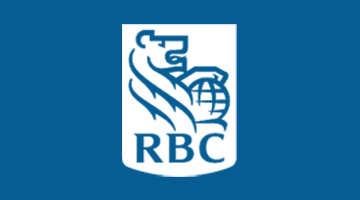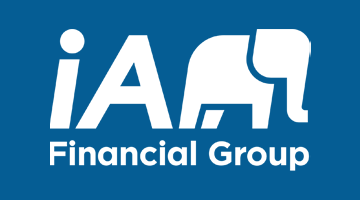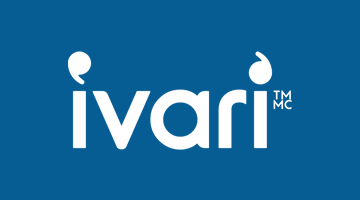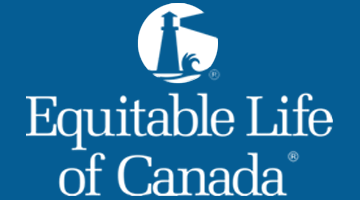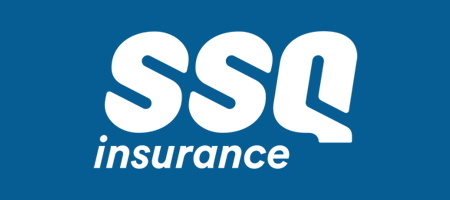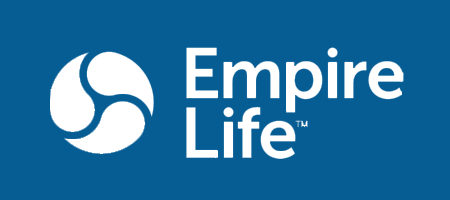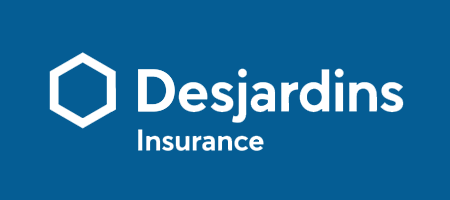Life insurance to fund a buy-sell agreement
Protecting your business for the future
Why do we need a buy-sell agreement?
A buy-sell agreement sets out the terms under which the interest of the disabled or deceased shareholder will be sold. It also contains provisions for the transfer of ownership when you retire. As well, if properly funded, the shareholder’s family will receive fair market value for the shares. Thus, providing them with capital to help maintain their standard of living. Funding your Buy-Sell agreement with a Life Insurance policy may be right for you.

A buy-sell agreement sets out the terms under which the interest of the disabled or deceased shareholder will be sold.
A properly Life Insurance funded buy-sell agreement can:
- Assure creditors that funds will be available to pay bills.
- Assure existing employees that the company will have the means to continue
- Ensure a market for each shareholder’s interest in the business
- Set the terms under which you and your fellow shareholders agree to buy and sell each others’ interest in the business
- Ensures surviving shareholders have the necessary funds required to buy out the deceased shareholders interest
- Provide for your family in time of need. The most cost-effective method to fund a buy-sell agreement, in the case of the death of a shareholder, is through life insurance. This approach helps ensure the required amount of capital will be available at the time it is needed should it become necessary to buy out an interest in your business.
Advantages of a Life Insurance funded buy-sell agreement to the deceased’s estate
- Ensures a market for the shares and guarantee a buyer for the shares of the business
- Provides heirs with a predetermined price for the shares
Advantages of Life Insurance funded buy-sell agreement to the surviving shareholders
- Protects them from unwanted shareholders, such as family members of the deceased
- Allocates the shares in a manner agreeable to all shareholders
- Establishes the method to determine the price of the shares
- Ensures the funds exist to buy out the deceased’s shares
Determine the value of your business
While it’s ultimately your accountant’s responsibility to arrive at a value today to facilitate funding decisions, it’s important to understand some of the principles involved in the valuation process. There are a number of methods you and your accountant can use to determine a purchase price for a buy-sell agreement. The valuation clauses of the buy-sell agreement should give clear direction on the date the value is to be established. Below are advantages and disadvantages of three commonly used methods.
Fixed value method
The actual purchase price is specified in the buy-sell agreement and should be re-determined annually with the agreement updated accordingly.
Advantages
- Simplicity and certainty
- Shareholders can easily determine the price to be paid for their interests and plan accordingly
A buy-sell agreement is a plan that provides for an orderly change of ownership under certain circumstances; for example, when a business principal dies or becomes disabled. It’s designed to establish a value for the business, now and in the future.
Disadvantages
- May be costly and there will be no definite value available for funding arrangements unless a valuation is completed today
- As market conditions change, the fair market value can fluctuate significantly
Shotgun clause
An approach often used in buy-sell agreements is a shotgun clause. This clause applies when there is dissension among partners or shareholders, or a desire to sell. With this option, shareholders who want to sell shares offer them to other shareholders at a specific price. The other shareholders then have the option to purchase the shares at that price. Or, should they choose, they can sell their shares to the shareholder who made the initial offer to sell, according to the same terms and conditions as the initial offer. If the initial seller asks too high a price for the shares, the purchasers would decline the offer and demand the sale of their shares to the seller at that high price, or if the initial seller specifies a low price, they would be cheating themselves of a fair price.
Life Insurance Funded Buy Sell: Protection for the future
Establishing a properly funded buy-sell agreement between shareholders, or for a successor owner, provides security and the knowledge your business can continue to prosper even in the event of tragedy. Buy-sell agreements are complex and unique to your particular situation; therefore, you should consult the appropriate legal, accounting and tax experts for assistance in drafting a buy-sell agreement that meets the needs of your situation. Your advisor* can work with you and your other professional advisors to help determine a suitable buy-sell agreement and help ensure the appropriate insurance plans are in place to fund the agreement.
Disadvantage
- Value must be re-determined each year and the agreement updated
Formula method
The purchase price is determined at the time of death by a formula stated in the buy-sell agreement. Some of the more common formulas used calculate the book value or adjusted book value of the business. Other formulas might base the value of the business on a multiple of earnings or a multiple of sales.
Advantages
- No need for an annual review
- Inexpensive to determine the purchase price using the formula method
Disadvantages
- The terms, book value and adjusted book value have no generally accepted definitions and could
- lead to potential disagreements, even if the terms are defined in the agreement.
- Once set, these formulas don’t change to reflect changing business or economic conditions.
- This method is not very useful where the formula cannot take into account the increasing values of property owned by the company or the value of goodwill.
Fair market value method
The purchase price is based on a fair market valuation of the business at the time of death. The agreement may call for a valuation to be performed by a specified licensed valuator or some other party such as the company’s accountant. It’s preferable to have a third party value the business to receive an objective value. As an alternative, the parties to the agreement may negotiate a price with arbitration procedures set out in the case of disagreement. The agreement should clearly exclude life insurance death proceeds from this calculation.
Advantages
- Ensures the shareholders and family receive fair market value for their shares at the time the buyout is exercised
- Should result in a fair solution for all parties.
All comments related to taxation are general in nature and are based on Canadian tax legislation, which is subject to change, and apply to Canadian residents. For the implications as they relate to individual circumstances, consult the appropriate legal, accounting or tax expert.




